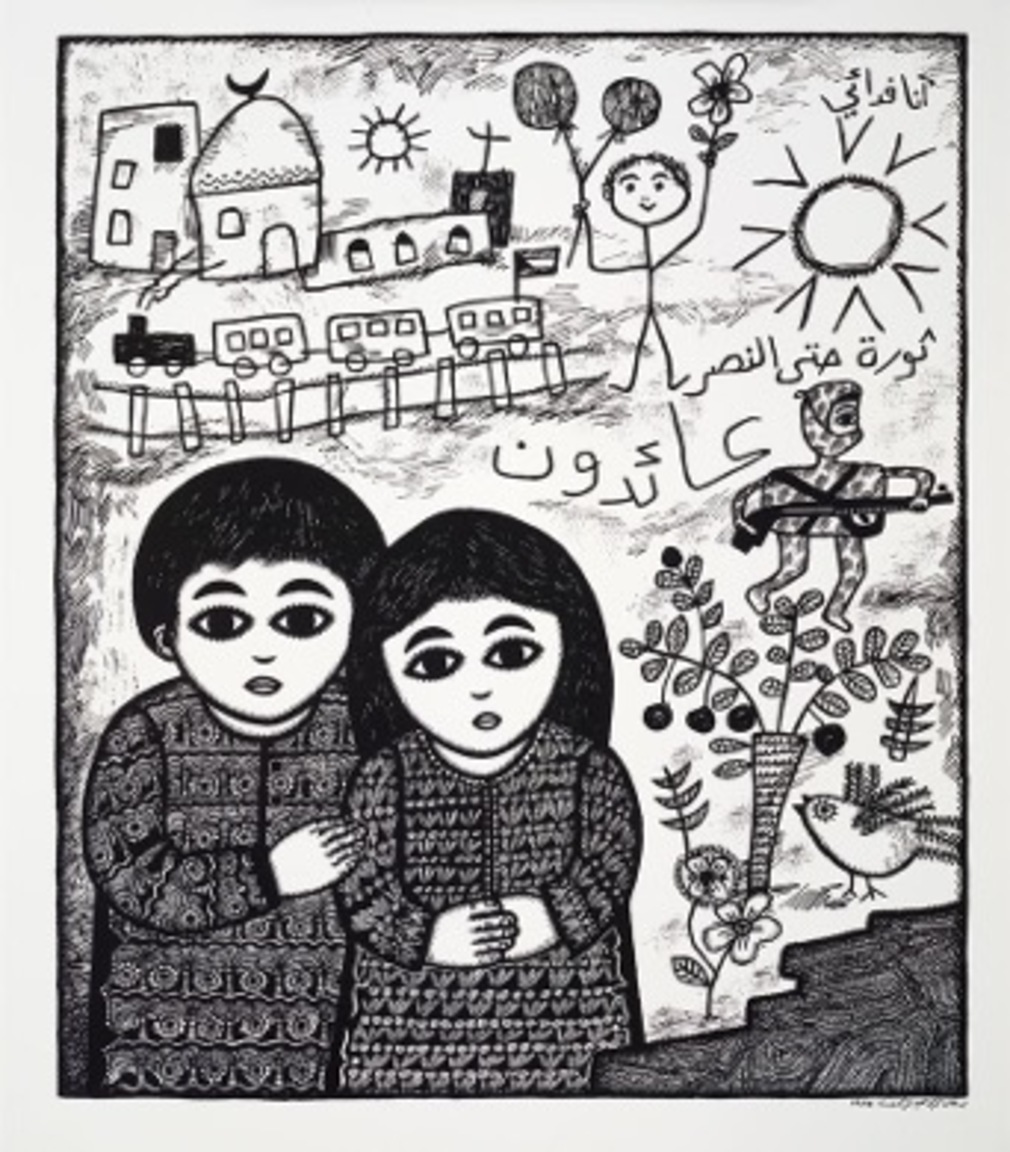Talk

Open Lecture: Sami Khatib / Palestine, Benjamin and the 'Tradition of the Oppressed’
The tradition of the oppressed teaches us that the “emergency situation” in which we live is the rule. We must arrive at a concept of history which corresponds to this. Then it will become clear that the task before us is the introduction of a real state of emergency; and our position in the struggle against Fascism will thereby improve. Not the least reason that the latter has a chance is that its opponents, in the name of progress, greet it as a historical norm. – The astonishment that the things we are experiencing in the 20th century are “still” possible is by no means philosophical. It is not the beginning of knowledge, unless it would be the knowledge that the conception of history on which it rests is untenable. (Walter Benjamin, On the Concept of History, written in 1940, published in 1942)
Sami Khatib will give an open lecture within the KHiO Art Academy thematic course "Walter Benjamin in Palestine": Walter Benjamin never did go to Palestine. Despite frequent invitations from his friend Gershom Scholem, who emigrated there in 1923, and despite the rapidly deteriorating situation for European Jews in the 1930s, he never abandoned whatever ambivalence prevented him from making a decision he often contemplated. The reasons for that ambivalence are unclear, though his critique of Zionism for its racism was early and prescient. The title of this course is taken from Walter Benjamin in Palestine, a conference held in 2015 in Ramallah reflecting on the relevance of Walter Benjamin’s critical responses to oppression. The conference took place at BirzeitUniversity and Khalil Sakakini Cultural Center, and was organized by Sami Khatib, Lara Khaldi, Yazan Khalili and Paula Schwebel.
Sami Khatib is a founding member of the Beirut Institute for Critical Analysis and Research (BICAR) and specializes on Critical Theory with interdisciplinary research interests in Philosophy, Aesthetic Theory, Visual Arts, Media Theory, and Cultural Studies. He joined the Orient Institute Beirut in October 2023. Prior appointments include guest professorships at the HfG Karlsruhe University of Arts and Design (2021-23) and the Institute of Philosophy and Sciences of Art at Leuphana Universität Lüneburg (2020-21), a professorship of Visual Arts at the American University in Cairo (2019-20), a postdoctoral fellowship at the DFG research training group “Cultures of Critique” at Leuphana University Lüneburg (2017-18), a visiting professorship of philosophy and aesthetics at the Academy of Fine Arts Vienna (2017), a visiting professorship at the Department of Fine Arts and Art History at the American University of Beirut (2016-17), and a Mellon postdoctoral fellowship at the Center for Arts and Humanities at the American University of Beirut (2015-16). He holds an MA degree in Media Studies and Philosophy (2004) and a PhD degree in Media Studies (2013) from Freie Universität Berlin. His publications include a co-editorship of the volume “Critique: The Stakes of Form” (Zürich, Berlin: Diaphanes, 2020) and authorship of the book “Teleologie ohne Endzweck: Walter Benjamins Ent-stellung des Messianischen” [“Teleology without End.” Walter Benjamin’s Dislocation of the Messianic] (2013).
This talk is part of the Academy of Fine Art´s public program, full program can be found here.